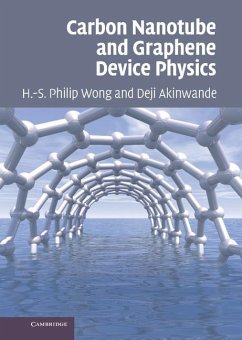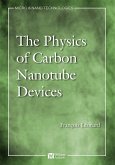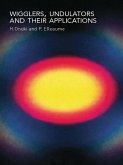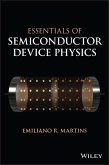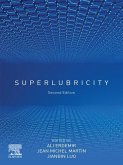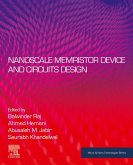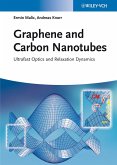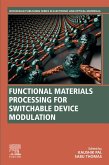Explaining the properties and performance of practical nanotube devices and related applications, this is the first introductory textbook on the subject. All the fundamental concepts are introduced, so that readers without an advanced scientific background can follow all the major ideas and results. Additional topics covered include nanotube transistors and interconnects, and the basic physics of graphene. Problem sets at the end of every chapter allow readers to test their knowledge of the material covered and gain a greater understanding of the analytical skill sets developed in the text. This is an ideal textbook for senior undergraduate and graduate students taking courses in semiconductor device physics and nanoelectronics. It is also a perfect self-study guide for professional device engineers and researchers.
Dieser Download kann aus rechtlichen Gründen nur mit Rechnungsadresse in A, B, BG, CY, CZ, D, DK, EW, E, FIN, F, GR, HR, H, IRL, I, LT, L, LR, M, NL, PL, P, R, S, SLO, SK ausgeliefert werden.

